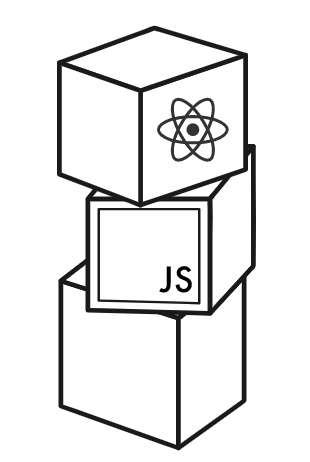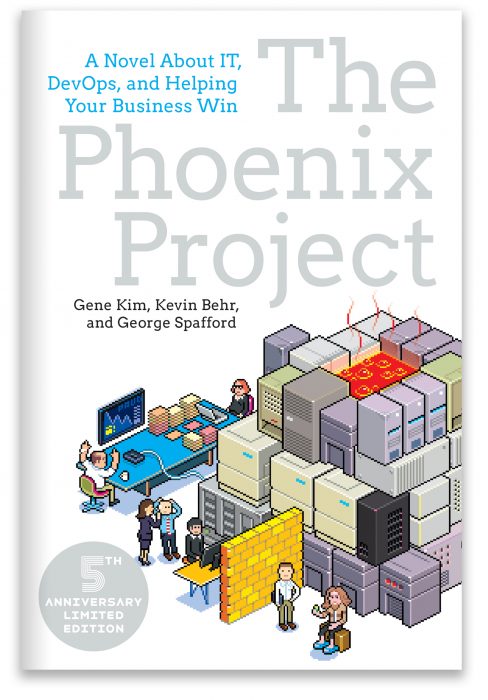My Certification Journey
Over the years in my career, I have taken quite a few IT certifications, starting with networking, virtualization, and for the past 2 years, cloud computing.
Initially, I did them as a personal challenge and as a way of quickly learning about specific technology related to my work area at that time. Personally, I think it did help with providing me with more credibility among my colleagues. To me, it was never about “certificate chasing” or to rack up the most amount of certifications over the shortest amount of time.
After passing my AWS SAP recently, I have decided that I will not be studying for another AWS certification, or any IT certification anytime soon.
Why?
I listed down 3 reasons why I will not be pursuing another IT certification in the near future.
Everything is Code
For the past few years, most IT hardware vendors I know have been putting heavy focus on introducing virtualized, software-defined and software as a service (SaaS) offerings into their product line. I believe this is further accelerated by the increased adoption of cloud computing, reducing the need for companies to purchase any hardware to host applications.

Modern software development practices and major cloud vendors (AWS, Azure, GCP) gave people a glimpse of large scale automation helped by APIs and loosely coupled infrastructure. When more infrastructure and tools have APIs that can be controlled by software, the value of Infrastructure as Code (IaC) tools is more apparent.
With the advent of DevOps culture, writing code and software development are no longer skills that only developers should possess.

The expectation of the modern IT engineer includes possessing knowledge of proper version control, writing unit and integration tests, monitoring drift, automating feedback loops and more.
When everything is code, IT certifications quantifying knowledge of specific IT products is no longer enough. Possessing reusable skills will eventually become the norm.
Certs are Less Valued by Employers
Before studying for my AWS Solutions Architect Professional exam, I have already had a decent amount of hands-on experience working on production workload on AWS. It allowed me to breeze through many aspects of the exam content when studying because I have retained the knowledge while working on AWS.
Hands-on experience majorly trumps any achieved certification in my opinion. You probably could pass a certification with zero hands on experience, but if I were a hiring employer, I would not let an applicant with dozens of certifications and zero hands-on experience through the door. I am sure many companies feel this way as well.
Time Consuming & Low ROI
Studying and preparing for a certification exam is time consuming and usually costly. Unless you are confident of getting a decent return of investment on them, you would be better off working on personal projects or even contributing to open-source.

To some extent, achieving a vendor certification could earn you some perks. For example, at AWS events (summits, reinvents etc.), AWS gives privileges to AWS certified individuals in the form of additional swags, such as a special lounge area, and etc. However, this should not be the sole reason for studying for any IT certification.
If your certification preparation and exam is sponsored by your company (perhaps to achieve gold partner statuses for enterprise discounts), you can ignore this point. But if you are doing it out of your own time and pocket, maybe it is time to ask yourself seriously if it would net you the ROI you are looking for.
Certifications no longer generate the ROI I am looking for.
Closing Thoughts
IT vendors know that building a great community around their product is very important, and usually the certification ecosystem helps them to achieve that. But it is time to think more carefully on whether achieving a certification is really that worth it for yourself.
I feel that my current experience and ability is a good reflection of the certifications I have achieved thus far. I want to gain more hands-on experience through work or personal projects before considering to take on more certifications.

Fully agree on your viewpoint regarding certs ZK.
I think IT field have become saturated with many certification schemes as the industry sought to create paths of transition for others from other careers to the IT industry by guiding them onto key areas of interest for learning and validating their readiness to enter the industry.
Nonetheless, HR obsession on IT certification and selection of candidates based on IT certificates pre-requisites have created a distortion in the hiring process of many organisation without first truly understanding the context of each certification.
I have seen new hires who have 10s of certificates but zero hands on experience as exam can be mug through exam dump. This often sets a high expectation from their eager employers but fail short in delivering due to lack of tacit knowledge gained from actual work experiences. To me certification without project experience backing is equivalent to basic level in that field. No matter how prestigious the academic provider might position their certification.
Certification should only serve to assist two group of people. One as I mention those who need a leg up in their knowledge standing as they transition from other fields to non demanding roles IT, showcasing their willingness and effort to learn. Two as a validation of one’s already rich experience on that subject matter. Professional certification meant little otherwise in the value of one’s portfolio if blindly collected.
True IT talents who are passionate about our field would have done side projects and tinkering like you do. And they do not do this out of their free time and dedication to IT beyond a profession but also as a hobby.
Great to see you sharing the knowledge on your learnings and exploration in your blog. Keep up with the posts. Enjoy reading your content!
Thanks XY for the validation!